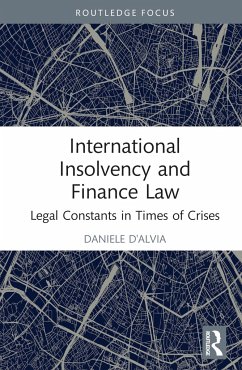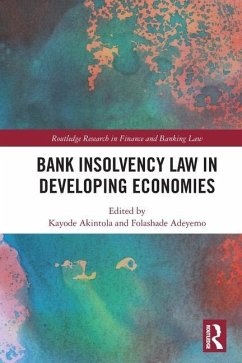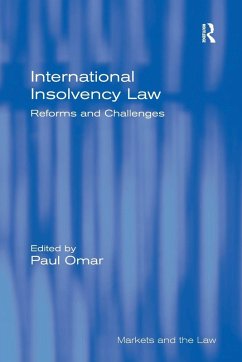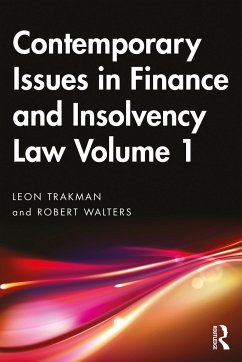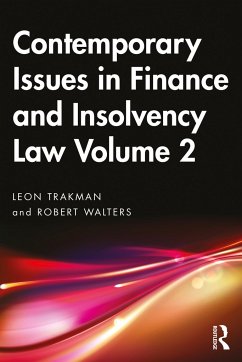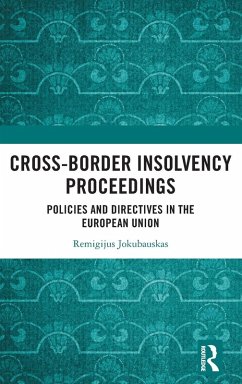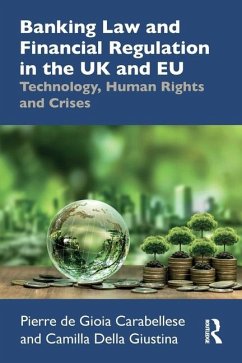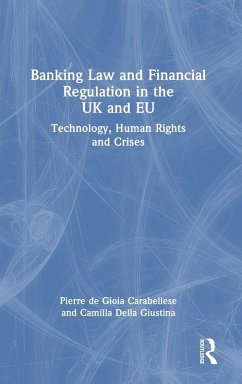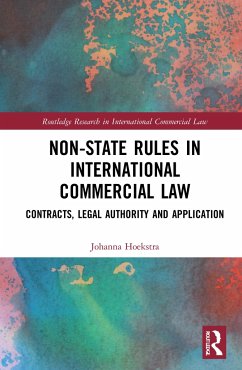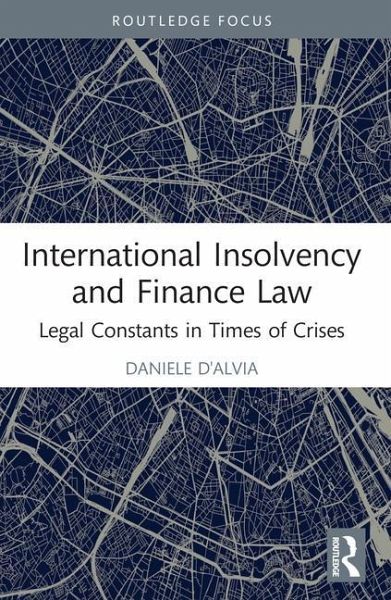
International Insolvency and Finance Law
Legal Constants in Times of Crises
Versandkostenfrei!
Versandfertig in 6-10 Tagen
22,99 €
inkl. MwSt.
Weitere Ausgaben:

PAYBACK Punkte
11 °P sammeln!
Focusing on the Global Financial Crisis 2007-2010 and the new emerging Covid-19 crisis in 2020, this book examines the discourse on risk and uncertainty in the markets through the lens of financial crises. Such crises represent a failure of the law to regulate, and constitute the basis through which a new theory of legal constants can be introduced in comparative law. Crisis impose a dramatic reformulation of the law, the Covid-19 confirms this trend, and new out-of-law instances are appearing beyond a paternalistic approach of direct State regulation. Restructuring procedures are playing a vi...
Focusing on the Global Financial Crisis 2007-2010 and the new emerging Covid-19 crisis in 2020, this book examines the discourse on risk and uncertainty in the markets through the lens of financial crises. Such crises represent a failure of the law to regulate, and constitute the basis through which a new theory of legal constants can be introduced in comparative law. Crisis impose a dramatic reformulation of the law, the Covid-19 confirms this trend, and new out-of-law instances are appearing beyond a paternalistic approach of direct State regulation. Restructuring procedures are playing a vital role in businesses' survival, and new out-of-law mechanisms such as moratorium agreements and private workouts have become essential to preserve businesses. It is clear that the role of the law has completely changed, and this book argues that constants outside of the law are new ways to promote an "uncodified-codification" of the law. The case for uncodified uncertainty in the Covid-19 crisis is a primary example of how no codification process can ignore the importance of out-of-law instances in the act of making law. This book explores how this approach influences the harmonisation process of international economic law between national insolvency regimes and international agreed frameworks, demonstrating the role of comparative law in formulating legal constants using Covid-19 and the complexity of modern financial markets as the criterion to introduce the reader to this new theory, which claims a new role for comparative law in policy making processes within the framework of international economic law.





